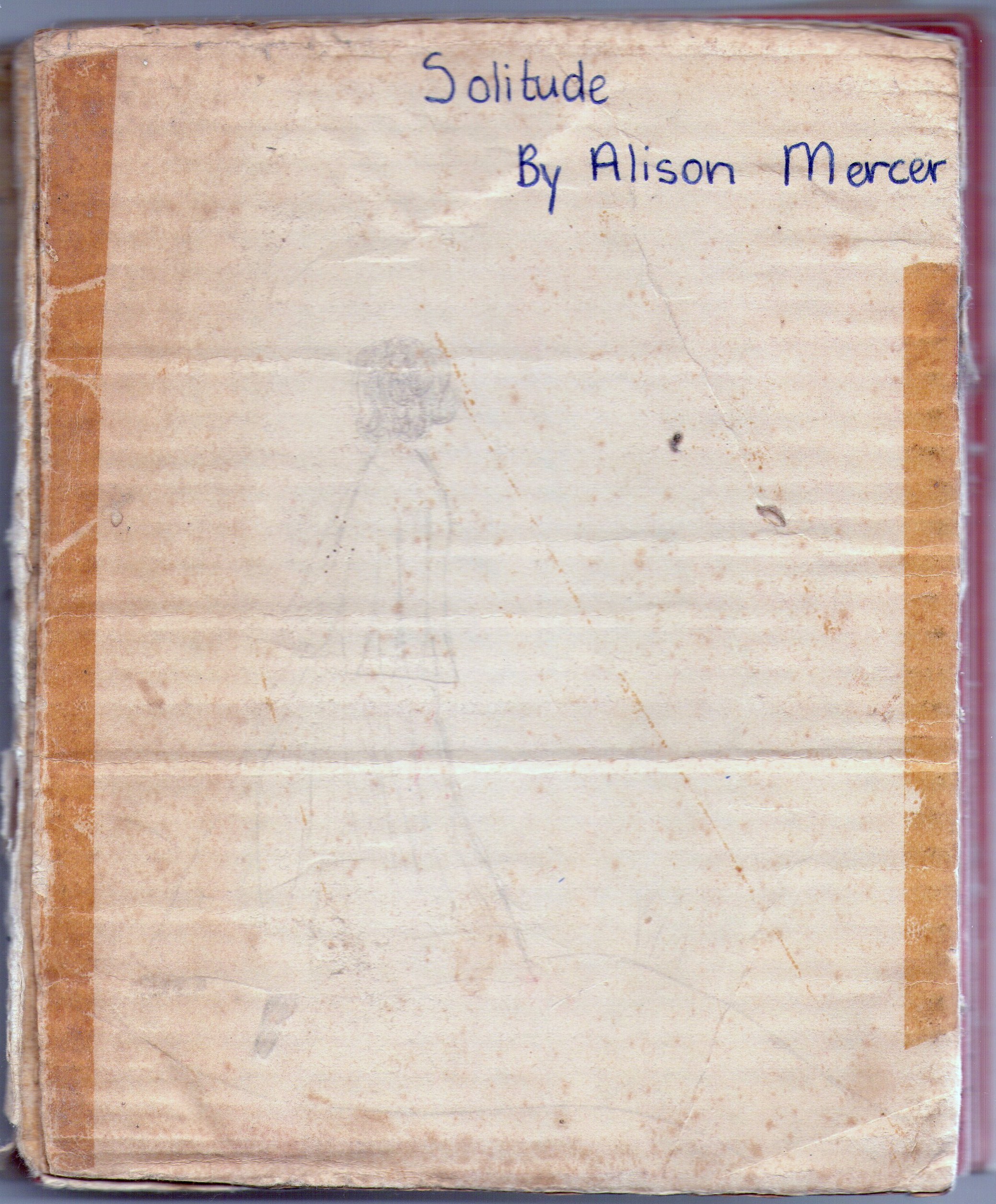They say you should write about what you know… and one thing writers know about is writing.
Here are eight novels in which writing, or the desire to write, plays a sometimes destructive, sometimes liberating role. One thing’s for sure, writing in literature is not a fast route to a happy ending. Often it’s done in secret and then exposed. Sometimes it brings the truth to light. Usually, for good or ill, it’s an agent of change.
Look out for artists, actors and musicians in fiction – sometimes they’re useful proxies. Journalists, too.
In my book, Stop the Clock, one of the characters starts writing a newspaper column which causes all sorts of trouble. Her friends think it’s about them. Maybe it is. They don’t like it.
Frost in May by Antonia White
After Watership Down by Richard Adams, this was the second novel that made me really cry. Nanda Grey, a Catholic convert at a super-posh Catholic boarding school attended by lots of aristocratic Europeans, decides to start writing a story, which she keeps tucked away out of sight. She decides to make all her characters really really bad, and into various nameless vices (she doesn’t know much about vice so this requires some imagination) in order for their eventual redemption to be all the more dramatic. How does it work out in the end? If you don’t know, I’ll leave you to find out.
Antonia White wrote another three books about the same character, and they’re all very much worth reading. The last one, Beyond the Glass, describes what it’s like to have a mental breakdown and end up institutionalised, which was something else the author knew about.
The Help by Kathryn Stockett
So: a first novel about the writing and publication of a first book, with dramatic results. Skeeter has an impossible deadline to meet, and faces an impossible challenge: persuading the black maids she is meant to be writing about to risk sharing their stories. Still, if Aibileen and Minny help her, maybe she’ll make it…
Peyton Place by Grace Metalious
Until I read this I had the vague idea that Peyton Place was a wishy-washy soap opera. Then I discovered the book on which the long-running TV series was based. Published in 1956, it’s a pretty angry book about a pretty New England town where the falling leaves mask something nasty buried underneath the sheep pen… It’s like the world of David Lynch’s Blue Velvet 30 years later, where evidence of grimness lurks just beside the white picket fence.
One of the central characters, Allison, is a lonely innocent (played by a young Mia Farrow in the TV version) who dreams of becoming a writer. Her mother, Constance, grew up in Peyton Place, moved away, and then returned with Allison. Constance is doing her damnedest to preserve a facade of respectability, even though her relationship with Allison’s father (who worked in publishing) wasn’t quite what she would like others to believe. And then Allison befriends local beauty Serena Cross, who knows a story worth telling, though for now she’s keeping it to herself…
I Capture the Castle by Dodie Smith
Cassandra Mortmain is hungry and penniless, but she lives in a (rundown) castle and has a journal to write in. She also has a beautiful sister, a daffy stepmother called Topaz (a former artist’s model), and a hopeless father who wrote a cult hit years ago, but now hides himself away and produces absolutely nothing.
Cassandra’s journal is going to be exchanged for a succession of grander volumes as her fortunes change (but at what cost?) This book includes a scene described by Antonia Fraser as one of the most erotic ever written, according to the introduction. (I don’t think it’s a spoiler to say it is not explicit.)
A Life Apart by Neel Mukherjee
After his mother’s cremation Ritwik takes flight, leaving India and his brutal childhood behind for Oxford, where he has a scholarship to study English literature. One evening he is picked up by a stranger; he is afraid, but still goes along with the encounter, which is both vivid and dreamlike, absurd and otherworldly.
When he gets back to his college room a story presents itself to him. What if he were to write about Miss Gilby, the prim Englishwoman who made a fleeting appearance in a film, Ghare Bairey, that he had seen nearly ten years earlier?
Adrift in London without a work permit, he continues to pursue the story of Miss Gilby in India in the 1900s. She struggles to establish herself as a companion and English tutor to an Indian woman, and witnesses the unrest and resistance stirred up by Lord Curzon’s partition of Bengal into Hindu and Muslim states.
Miss Gilby, like Ritwik, is a migrant, trying to live in an often unreadable world. But will they both be able to survive the time and place in which they find themselves?
The Ghost by Robert Harris
By the time you read this… what has happened to the writer? If what you write fails to please, or falls into the wrong hands, what’s going to become of you?
The Blind Assassin by Margaret Atwood
The first Margaret Atwood I read. Features a story within a story within a story: but who’s telling what?


